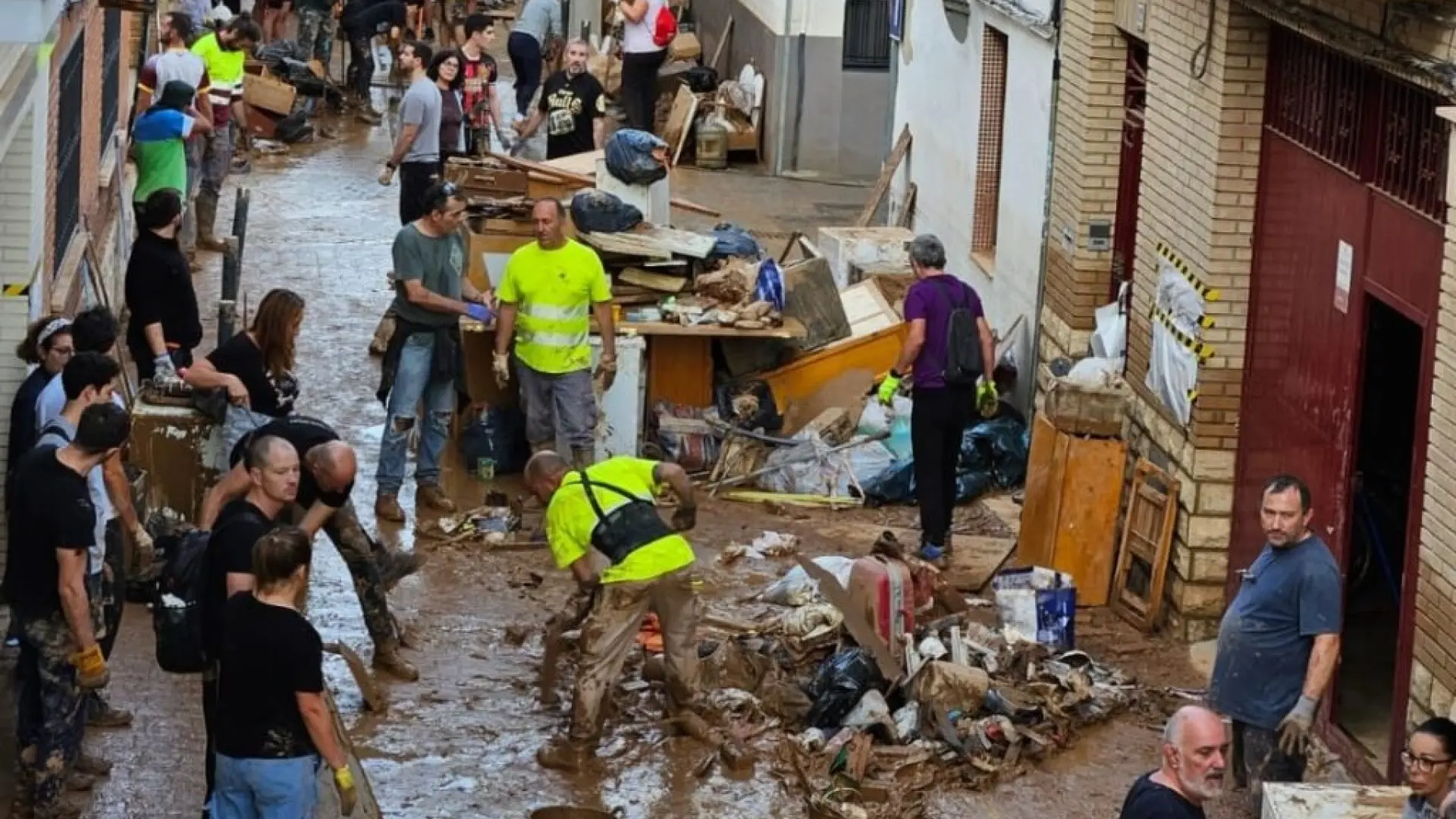Dressed with shovels, buckets, brooms, rakes and all kinds of cleaning materials, thousands of volunteers turned the horror experienced in Valencia after the hurricane into an admirable wave of solidarity. Moreover, they were organized all over the country, there are many who in one way or another also want to get involved with those affected. And also those who take advantage of it for their own benefit. It is therefore important to take extreme care to ensure that material and financial donations reach their destination.
These are some precautions that you can follow to avoid being a victim of a false donation campaign. Remember that it is very important to check who we are really giving the money to and go through the official channels to make the donation.
Do not trust calls asking for money
One of the most talked-about scams in recent days is the one that impersonates the identity of an organization to appeal to people’s emotional reaction and get money. In fact, without going any further, the Spanish Association of Consumers (ASESCON) has recently alerted of fraudulent telephone calls asking citizens for donations. to supposedly help those affected. These calls impersonate social entities that are actually raising funds.
To avoid this type of scams, Rafael Tuñón, expert in human cyber risk and social engineering, recommends to be wary of any call, message or email in which we are asked for a donation. In his Instagram profile (rafa_ciber) he explains that we should not give out personal or financial information. in communications that we have not previously requested. “Never donate for an incoming call,” he says.
ASESCON also recommends not to click on any link that we receive and not to make any direct payment to supposed volunteers. from organizations that visit us at our home.
In the same vein, the Guardia Civil has recommended paying attention to who makes the request to collect money. “Before providing personal or bank details, verify the information of NGOs and associations,” they warn. Similarly, the Organization of Consumers and Users (OCU) advises to call directly the association – to which the person asking for the money claims to belong – to verify the information.
Donate through official channels
Official information telephone numbers and various channels have been set up to help those affected by the floods, as well as lines for financial donations, food and clothing collection sites, and mobilization of volunteers for clean-up tasks.
- Telephone for relatives of missing persons: 900 365 112.
- Emergencies: 112.
- Red Cross: 900 104 971.
- DGT: 011.
In addition, organizations such as Red Cross or Caritas have enabled different ways to receive donations such as websites, bank accounts in which to receive transfers or numbers to which to send a Bizum. In this sense, ASESCON asks citizens that “only make their contribution and collaboration through the official means that the associations and entities are putting in place”.
What about influencer campaigns?
In times of crisis, trust becomes the most valuable currency. That’s why, often, the closeness of content creators with their community gives them a credibility that, in other contexts, is not easy to achieve. For this reason, Ángela García, cybersecurity expert at the National Cybersecurity Institute (INCIBE), has already explained to Maldita.es that a campaign launched by an influencer and not by an official institution does not have to be dangerousbut warns that they themselves “put their image to ask for donations and have to make sure that what is behind it is legal”.
Therefore, rather than being wary of campaigns that do not come from an official institution, the right thing to do is to be cautious about what is being advertised and consider one important thing: will the person advertising it take care of handling the return of the money if there is a problem with the transaction?


